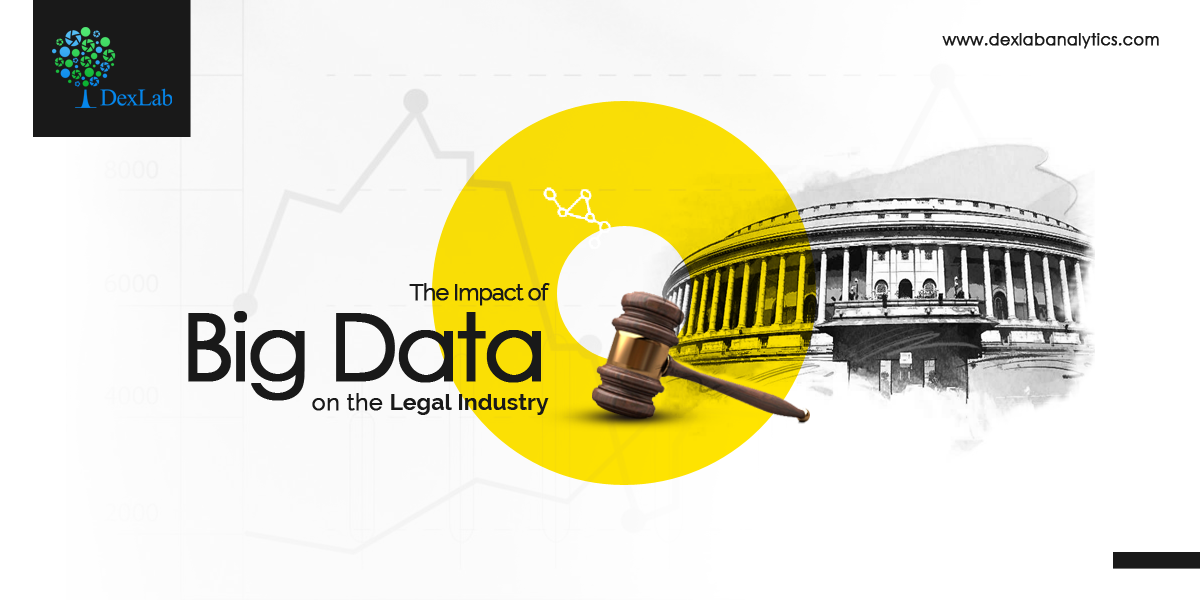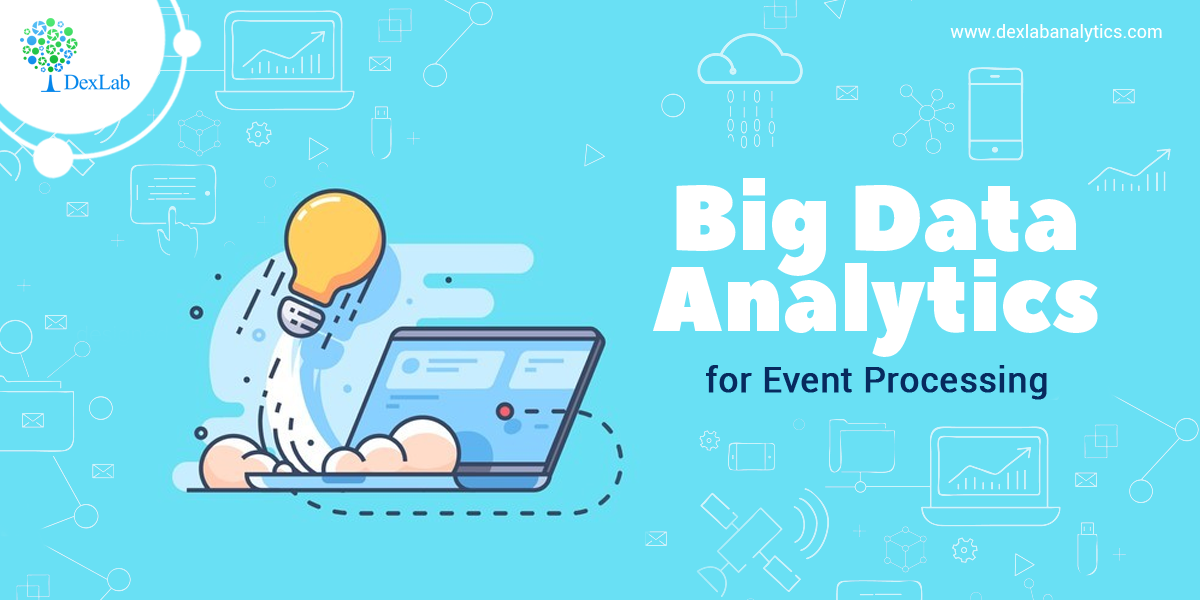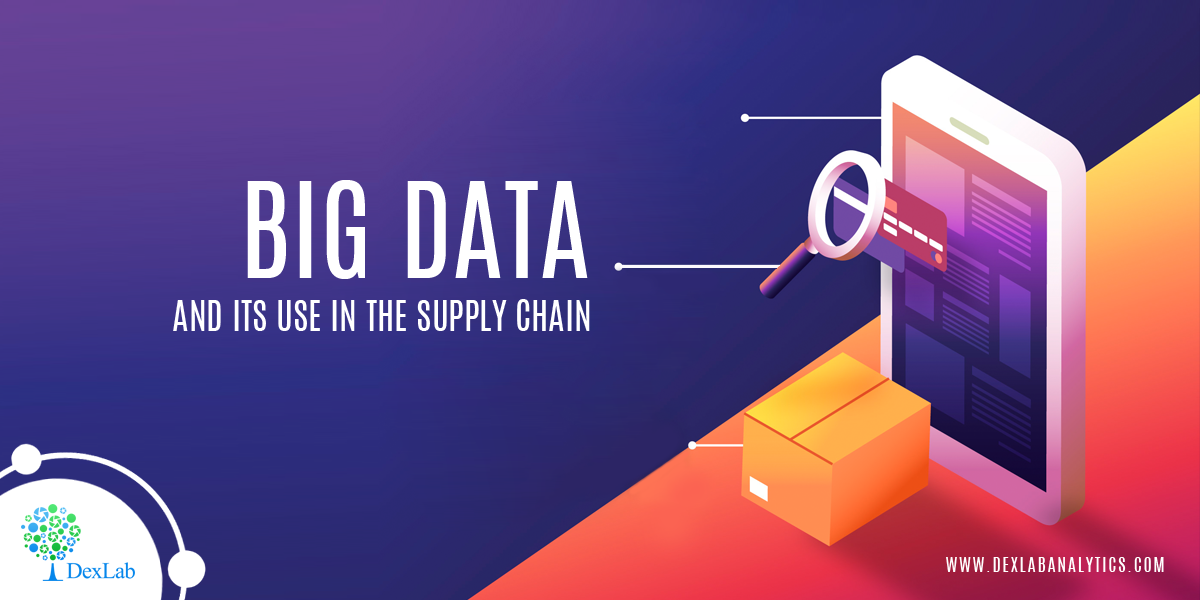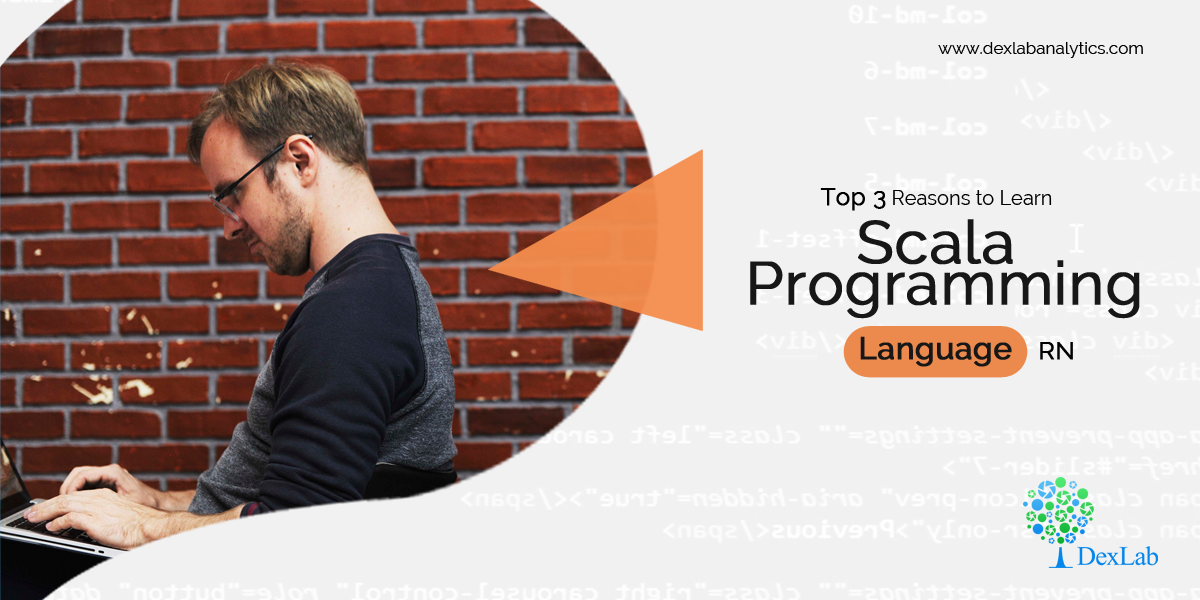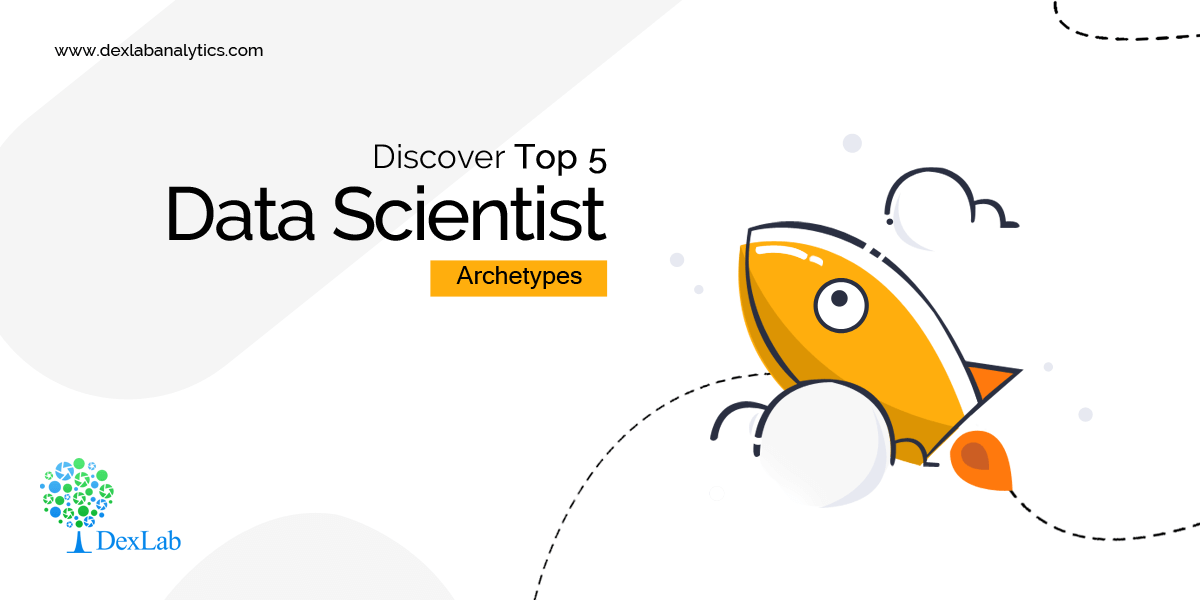
As artificial intelligence gains momentum and becomes more intricate in nature, technological jargons may turn unfamiliar to you. Evolving technologies give birth to a smorgasbord of new terminologies. In this article, we have tried to compile a few of such important terms that are related to AI. Learn, assimilate and flaunt them in your next meeting.
Artificial Neuron Networks – Not just an algorithm, Artificial Neuron Networks is a framework containing different machine learning algorithms that work together and analyzes complex data inputs.
Backpropagation – It refers to a process in artificial neural networks used to discipline deep neural networks. It is widely used to calculate a gradient that is required in calculating weights found across the network.
Bayesian Programming – Revolving around the Bayes’ Theorem, Bayesian Programming declares the probability of something happening in the future based on past conditions relating to the event.
Analogical Reasoning – Generally, the term analogical indicates non-digital data but when in terms of AI, Analogical Reasoning is the method of drawing conclusions studying the past outcomes. It’s quite similar to stock markets.
Data Mining – It refers to the process of identifying patterns from fairly large data sets with the help statistics, machine learning and database systems in combination.
Decision Tree Learning – Using a decision tree, you can move seamlessly from observing an item to drawing conclusions about the item’s target value. The decision tree is represented as a predictive model, the observation as the branches and the conclusion as the leaves.
Behavior Informatics (BI) – It is of extreme importance as it helps obtain behavior intelligence and insights.
Case-based Reasoning (CBR) – Generally speaking, it defines the process of solving newer challenges based on solutions that worked for similar past issues.
Feature Extraction – In machine learning, image processing and pattern recognition plays a dominant role. Feature Extraction begins from a preliminary set of measured data and ends up building derived values that intend to be non-redundant and informative – leading to improved subsequent learning and even better human interpretations.
Forward Chaining – Also known as forward reasoning, Forward Chaining is one of two main methods of reasoning while leveraging an inference engine. It is a widely popular implementation strategy best suited for business and production rule systems. Backward Chaining is the exact opposite of Forwarding Chaining.
Genetic Algorithm (GA) – Inspired by the method of natural selection, Genetic Algorithm (GA) is mainly used to devise advanced solutions to optimization and search challenges. It works by depending on bio-inspired operators like crossover, mutation and selection.
Pattern Recognition – Largely dependent on machine learning and artificial intelligence, Pattern Recognition also involves applications, such as Knowledge Discovery in Databases (KDD) and Data Mining.
Reinforcement Learning (RL) – Next to Supervised Learning and Unsupervised Learning, Reinforcement Learning is another machine learning paradigms. It’s reckoned as a subset of ML that deals with how software experts should take actions in circumstances so as to maximize notions of cumulative reward.
Looking for artificial intelligence certification in Delhi NCR? DexLab Analytics is a premier big data training institute that offers in-demand skill training courses to interested candidates. For more information, drop by our official website.
The article first appeared on— www.analyticsindiamag.com/25-ai-terminologies-jargons-you-must-assimilate-to-sound-like-a-pro
Interested in a career in Data Analyst?
To learn more about Data Analyst with Advanced excel course – Enrol Now.
To learn more about Data Analyst with R Course – Enrol Now.
To learn more about Big Data Course – Enrol Now.To learn more about Machine Learning Using Python and Spark – Enrol Now.
To learn more about Data Analyst with SAS Course – Enrol Now.
To learn more about Data Analyst with Apache Spark Course – Enrol Now.
To learn more about Data Analyst with Market Risk Analytics and Modelling Course – Enrol Now.

